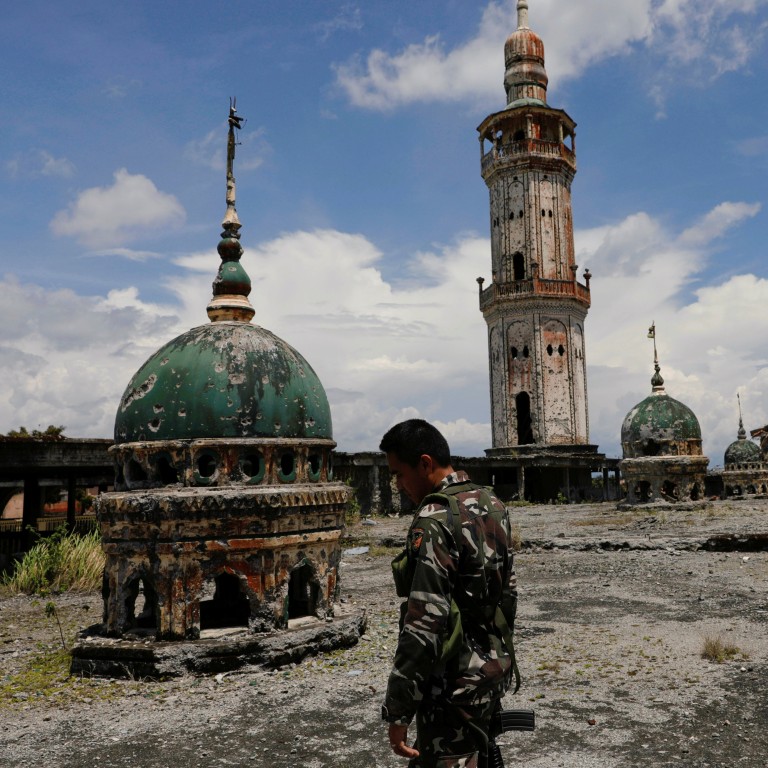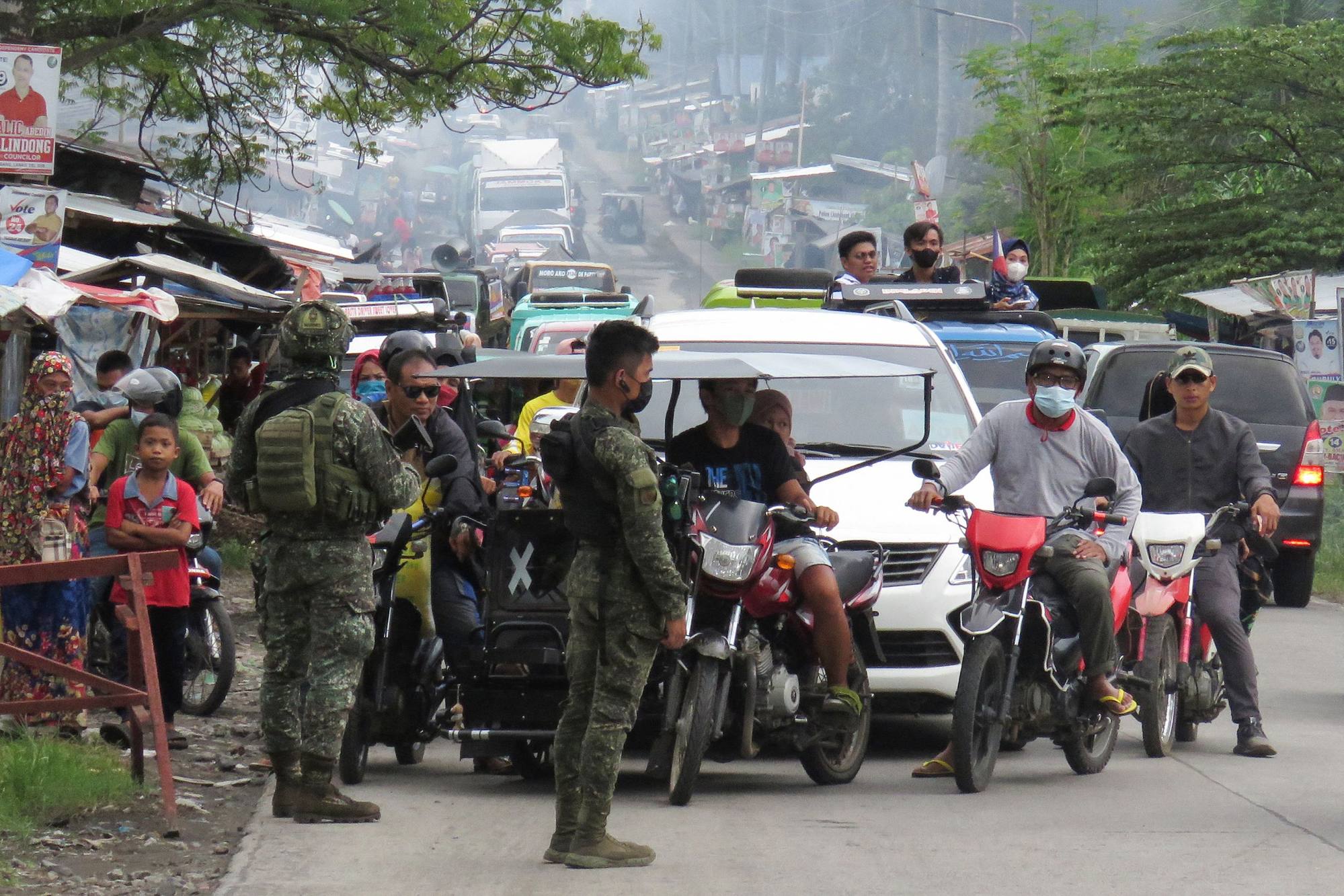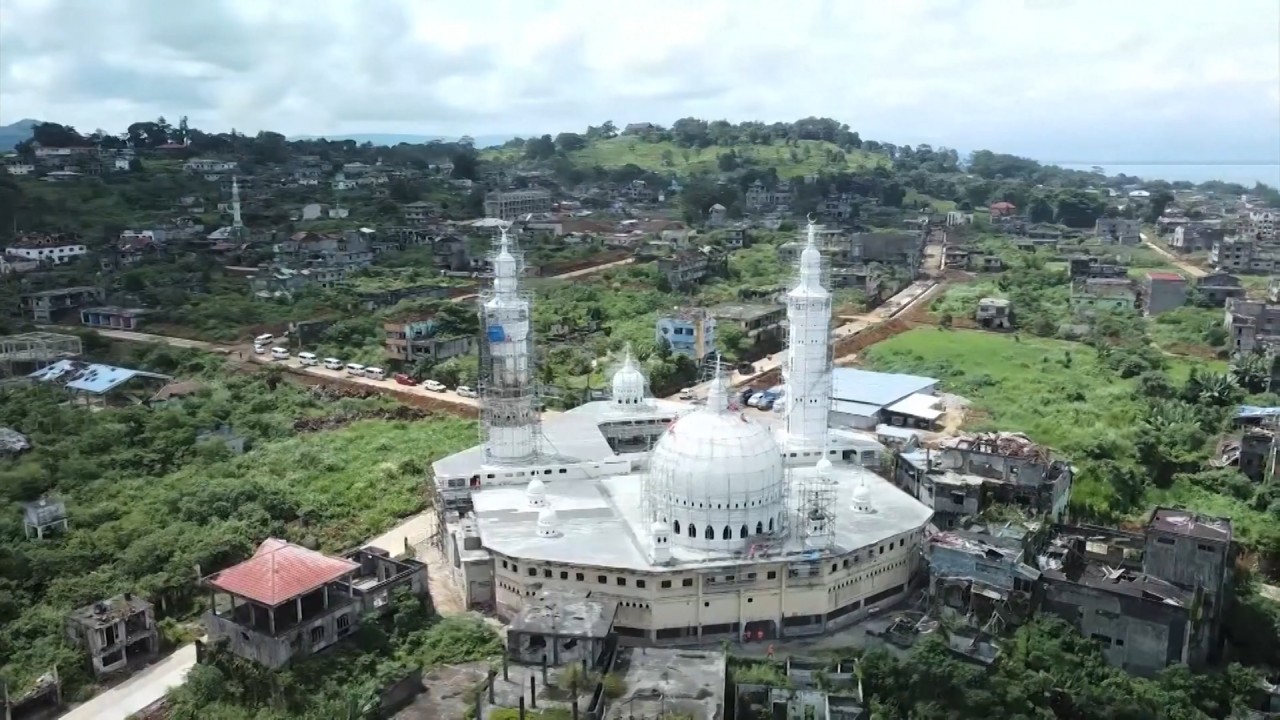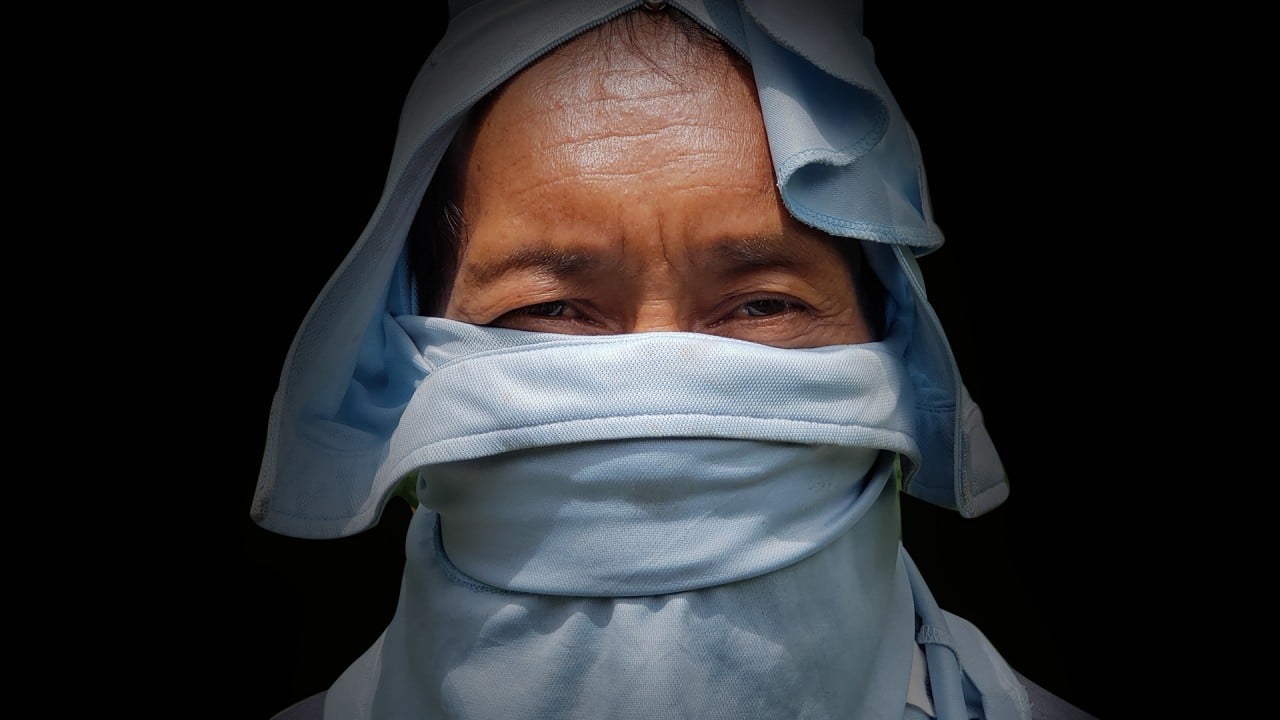
Philippine election: what challenges will Bongbong Marcos or Leni Robredo face in the militant hotbed of Mindanao?
- Whoever wins the May 9 presidential election will have to deal with the security and political complexities in Mindanao, analysts say, including seeing through a peace process
- Frontrunner Marcos Jnr doesn’t have a clear policy for the region but has the clout to enact policies, while closest rival Leni Robredo has expressed support for regional autonomy
In 2017, pro-Islamic State militants sprang a five-month siege on the southern Philippine city of Marawi in the terror organisation’s most serious assault in Southeast Asia, unsettling governments across the region.
The onslaught at Mindanao island, led by the local Maute Group, was believed to involve fighters from Malaysia, Indonesia and the Middle East, and killed more than 1,200 people.
Today, Mindanao remains a hotbed for militant activities, as well as a long-running insurgency by the New People’s Army (NPA), the military wing of the outlawed Communist Party of Philippines.
The myriad groups pose serious security challenges for the Philippines, where Ferdinand “Bongbong” Marcos Jnr and Vice-President Leni Robredo are seeking the presidency on May 9. Whoever wins the election will have to deal with the security and political complexities in Mindanao, analysts say.
Terror attacks likely to rise as global travel reopens: Singapore minister
Zachary Abuza, of National War College in Washington, said the most serious security threats in Mindanao were the various factions that pledged allegiance to Isis, including the Abu Sayyaf Group, the Bangsamoro Islamic Freedom Fighters and the Maute Group.
Collectively, these groups are referred to as Daulah Islamiyah.
“Individually, they are small and more of a nuisance than a serious threat to the state, but collectively, they spread the resources of the Philippine government very thin,” said Abuza, who specialises in terrorism and insurgencies. “And when they actively cooperate – as the Abu Sayyaf and Mautes did in the 2017 siege of Marawi – they do so with devastating effect.”
During the Marawi siege, the Maute Group and the pro-Isis faction of Abu Sayyaf Group joined forces to take over the city.
Some members of Isis Southeast Asia, who surrendered after the fighting, have since taken part in extremist training organised by other terrorist group with foreign funding, said Drei Toledo, an independent author and expert on the radicalisation of child soldiers.
The Philippine communist party’s military wing is also extending their operations in Mindanao. “The NPA has always been in eastern Mindanao, but its presence is moving westward, especially in the northern half of Mindanao,” Abuza said.
Toledo said the communist party and its NPA wing, and the National Democratic Front, had exploited the coronavirus pandemic as a means to “further agitate and radicalise those most vulnerable to their propaganda”. She also warned that extremist training camps all over Mindanao had mushroomed, including in areas near oil and gas exploration sites.

Mimi Fabe, Professor in Financial Terrorism and Transnational Organised Crime at the Philippines’ National Police College, said the camps ran paramilitary and guerilla warfare training and were funded by Isis East Asia, the narco-terrorism assets from Isis and Afghanistan.
Other funders of the camps include local politicians who do not accept the Bangsamoro Autonomous Region of Muslim Mindanao (BARMM), and rogue members of the Moro Islamic Liberation Front (MILF), Fabe said.
The region was established in 2019 as part of a peace agreement to end nearly five decades of conflict between the Philippine government and the separatist MILF. It consists of five predominantly Muslim provinces in Mindanao.
Part of the deal includes the MILF decommissioning arms and demobilising soldiers in a phased fashion.

Peace process
The BARMM is crucial to peace and security in Mindanao and beyond, as foreign fighters are known to converge in southern Philippines to train in militant camps, take shelter or participate in terror attacks, observers said.
“The peace process between the government and the MILF has done more to improve security, weaken the power of pro-Isis and pro al-Qaeda groups, and reduce the number of safe havens for foreign terrorist fighters,” Abuza said.
Independent policy analyst Michael Henry Yusingco said the formation of the BARMM had given Moro insurgents a chance to govern. But terrorist groups, kidnap-for-ransom gangs, private armies of warlords, and disgruntled elements in the MILF and its rival the Moro National Liberation Front (MNLF) were still active in parts of the region.
“Their numbers have dwindled considerably since the establishment of the BARMM, but they still perpetuate terrorist attacks and criminal activities,” Yusingco said, adding that national security agencies feared terrorist attacks would spill over to urban areas in Mindanao.
“We don’t want to have another Marawi siege,” Yusingco said. “The possibility of an attack being launched in Metro Manila is also a serious concern.”
The BARMM is currently governed by the Bangsamoro Transitional Authority, which serves as the interim government until regional elections are held in 2025.
New president
Benedicto Bacani, executive director of the Mindanao-based think tank Institute for Autonomy and Governance, said the Philippines’ new president would have to handle the unfinished business of the peace process with the MILF, particularly the full decommissioning of its forces and the dismantling of private armed groups.
“Failure of the new president to advance these critical peace process agenda will affect the security situation. When dividends of peace are not felt in communities, extremist groups will most likely allow Islamist agenda thrive anew in the region,” he said.
Of the two presidential candidates, frontrunner Marcos Jnr, the son of dictator Ferdinand Marcos, had been vague on his plans for the peace process and the BARMM, Bacani noted.
“On the other hand, Leni Robredo has clearly expressed her support for the peace process. In fact, she issued a declaration of support to the process with details, which was referred to by the MILF in endorsing her candidacy,” Bacani said.
MILF and its political party, the United Bangsamoro Justice Party (UBJP), on April 23 said they were backing Robredo as president.
Can Robredo’s ‘pink wave’ reverse the Marcos tide in Philippine poll?
Given the Marcos dictatorship’s tough stance against the insurgency in the south, and Marcos Jnr’s own position, Bacani said he expected a Marcos Jnr administration to push for the greater role of groups other than the MILF in the peace agreement, said Bacani.
“This is one of the reasons why local political leaders, whose political power is threatened by the MILF’s rise to power, are supporting the Marcos Jnr candidacy,” Bacani said. “The MILF is challenging the political families’ hold on local governments by fielding against them in local elections.”
Fabe of the National Police College believed Marcos Jnr was the candidate best able to tackle Mindanao’s security threats because he had the “military experience, the legislative experience and the executive experience for the past 30 years”.
Trolls and polls: fake news surrounds Philippines’ Robredo-Marcos showdown
Analyst Yusingco said Marcos Jnr would have a difficult time relating to the BARMM leaders as he did not support the enhanced autonomy regime, which suggested “his profound lack of understanding of the concept of regional autonomy … and more crucially, a lack of understanding of intergovernmental relations”.
He also carried with him the stain of his father’s brutal dictatorship. “This fact is even more significant for Filipino Muslims, because of the atrocities committed against them by the Marcos authoritarian regime,” Yusingco said. “The very existence of the MNLF and the MILF evinces the terrible history of the Marcos dictatorship for Filipino Muslims.”
A Marcos Jnr administration would be wary or distrustful of BARMM leaders. “I can foresee a very weak effort to establish lines of cooperation with regional leaders,” Yusingco said.
The administration was also likely to impose presidential power over the BARMM, particularly in national security issues, which “can then severely undermine regional autonomy in the BARMM as constitutionally prescribed”, Yusingco added.
Robredo had the opposite approach, he said.
“She has a clear understanding of regional autonomy and will work with BARMM leaders as partners in governance,” Yusingco said.
“She is even open to creating a cabinet-level position dedicated solely for the BARMM. With this governance framework in mind, it will be easier for her administration to apply the whole-of-nation approach in addressing the underlying causes of violent extremism.”



